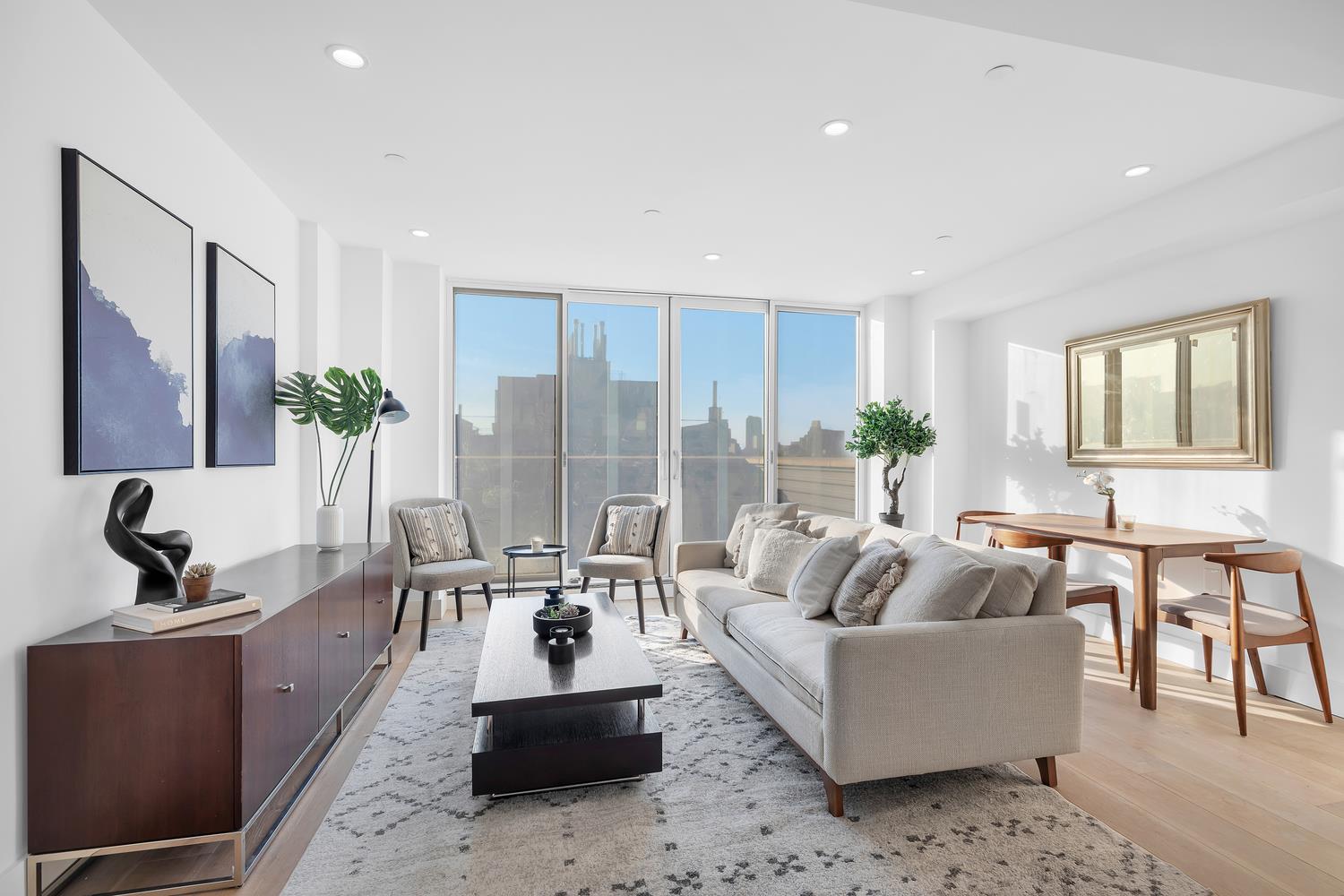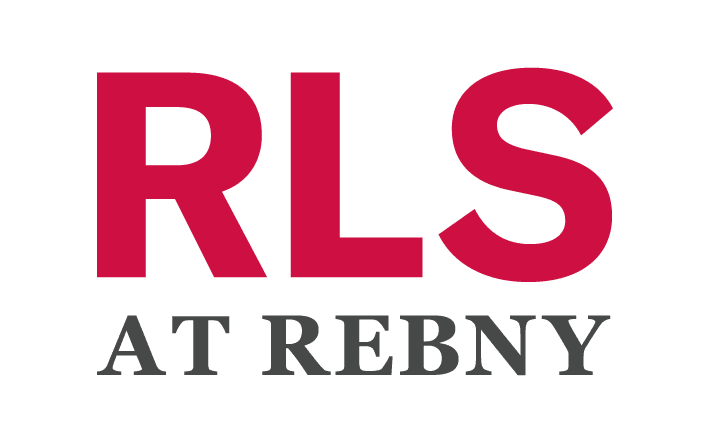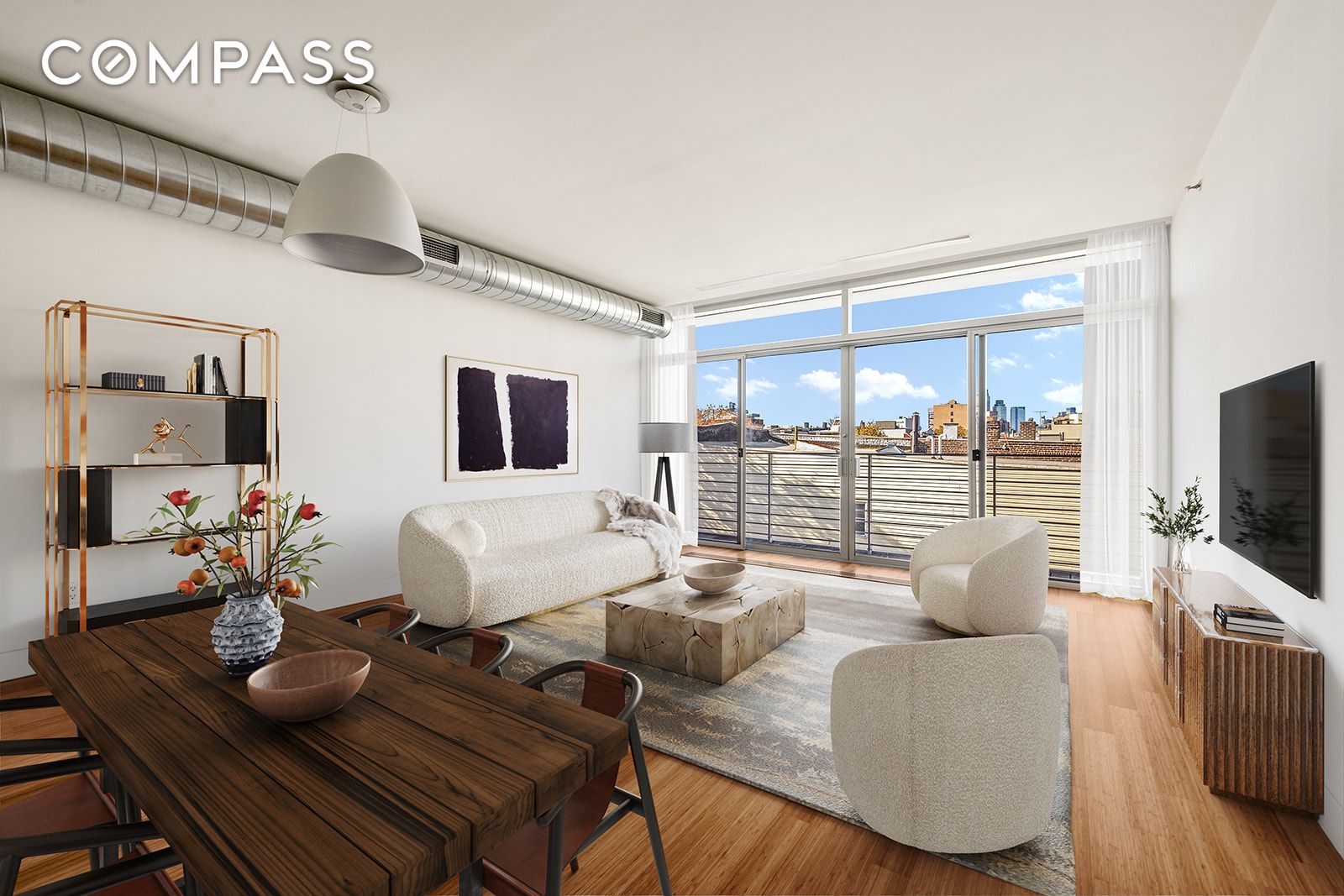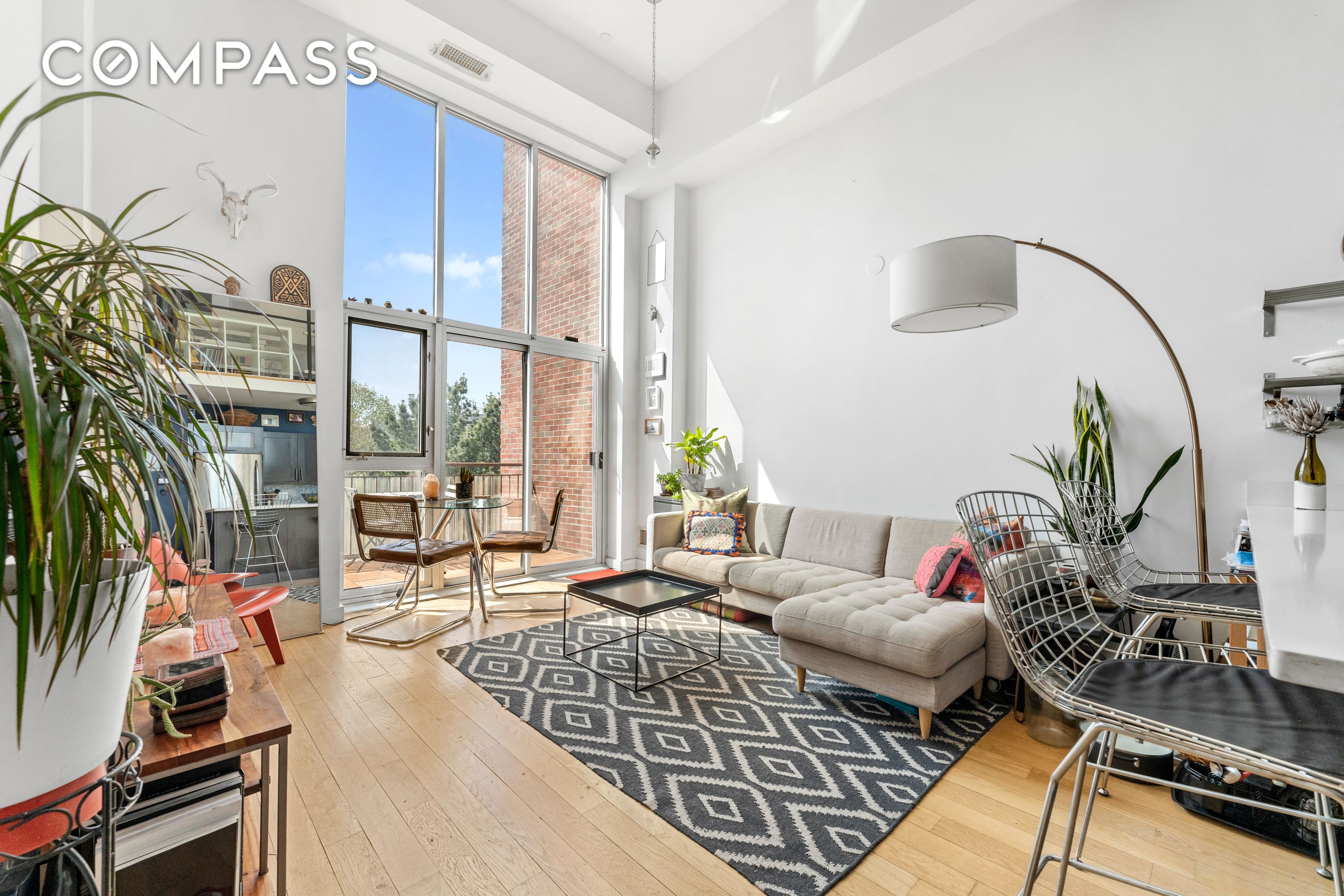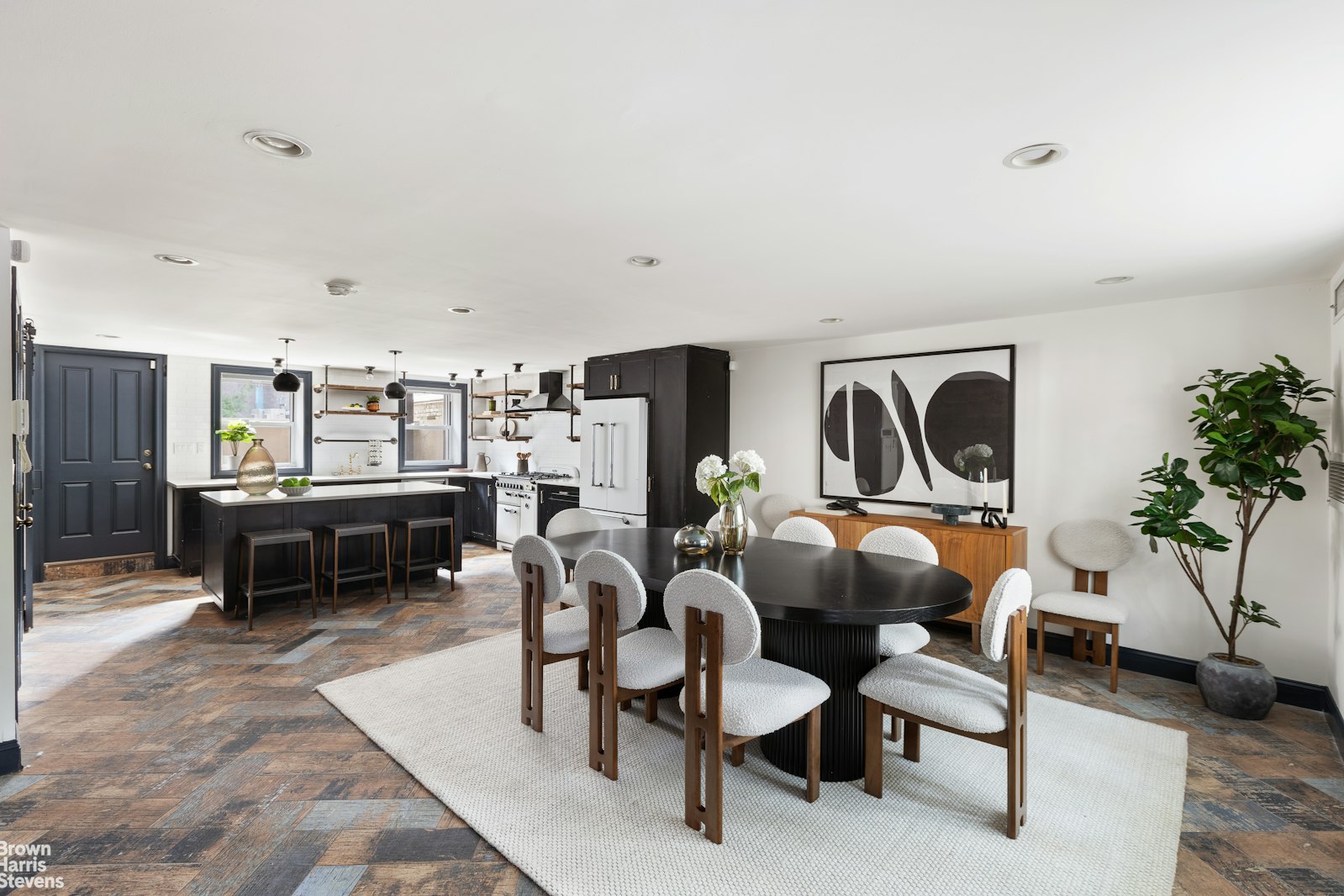Buyer’s consultation
We add value to every move
The stakes are high financially and emotionally when your investment in your own home is on the table. Agents in New York City need to hit a professional level of service commensurate with their luxury offerings. While it's never been required to use a real estate agent to buy or sell a home, as with many life-changing decisions, having the right professional on your side can make a significant difference. We live in the most transparent real estate market ever. New York City listings for sale can be found on multiple platforms, including the one you're on now. But access to listing data that is designed to sell a home is not the same as an experienced and nuanced understanding of its value, or how to achieve the best deal possible. Just ask the buyers who were outbid again, or the sellers who faced a board rejection that disrupted their own plans to move. After over two decades of helping clients make their next move, there isn't much we haven't seen happen. That experience will serve you well as you make what is likely to be the single biggest investment of your life (again). For us, every new client relationship begins with a conversation to understand your needs and discuss how we can help. If you're thinking about moving, we're here to advocate vigorously in your interest, and seamlessly close on a great deal.
The evolution of buyer’s representation
Brokerage today is evolving, and we support new regulatory changes aimed at increasing transparency in real estate transactions, such as using written agreements with buyers that clarify how brokers are compensated. Traditionally, seller’s and their agents attracted buyers by splitting listing fees with buyer's agents through a "co-brokerage" model. Recent regulatory changes now require sellers to separately decide how much to offer buyer’s agents, and while most still provide compensation, some may not, leaving buyers with some new options to consider. Want to understand more about how it works? Book an absolutely free buyer’s consultation. We'd love to hear from you!





